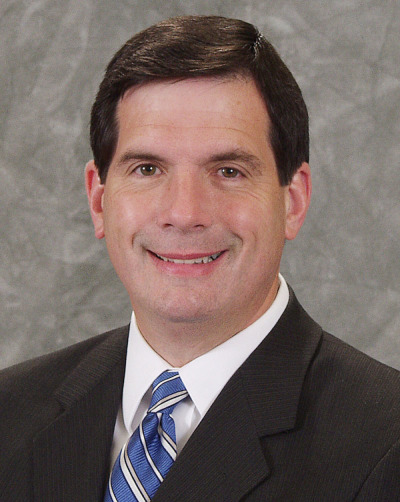The New Normal for Church Security

We recently experienced a new tipping point for church security.
A tipping point is the critical juncture in evolving developments that leads to a new and, often, irreversible state. We call that new state "the new normal."
In church security we have witnessed two major tipping points. Though child sex abuse in churches was not new, it reached a new level of awareness and response when Pope John Paul II called an emergency meeting with the U. S. cardinals in 2002. We knew then the issue was serious and pervasive.
We reached a second major tipping point in Nov. 2017 with the church shootings at First Baptist Church in Sutherland Springs, Texas. Among the 26 people killed were nine members of one family. Church leaders and members across the nation began to realize that if it can happen in Sutherland Springs, it can happen anywhere.
I recently conducted a social media survey to ask church leaders and members to share what their churches were doing for church security. I then went to the Church Answers community (ChurchAnswers.com) for more in-depth responses. Here are some realities of the new normal as articulated by these respondents:
- Church security measures have shifted dramatically. We learned that while church security measures are not new, there has been a noticeable change since the November 2017 shootings. Many churches instituted church security measures for the first time. Even more implemented additional security measures after the 2017 shootings.
- There is a resistance to church security measures by a vocal minority. This perspective holds that the measures are an overreaction, or that it goes counter to the biblical truth of trust in God. There was a similar reaction in the early 2000s when churches started requiring background checks for those who worked with children. The latter protest is almost non-existent today. The resistance to implementing church security for shooters will likely dissipate as well.
- One of the most common responses by churches is partnerships with local law enforcement. Many churches have hired off-duty police officers to be vigilant and visible when the church is gathered. Others have sought the law enforcement community to educate and train their members about this issue.
- Many churches are using their members to assist in church security. Churches are commonly offering security training sessions to their members. Others are using members to patrol the grounds or to become volunteer security guards. I admittedly was surprised at the number of congregations who have many members carrying concealed weapons.
- Churches are using technology to enhance their security. For example, even some of the smaller churches are using advanced video security systems, especially now that the technology has become more affordable.
- More guests are asking questions about church security. When the sex abuse scandals become pervasively known, many church guests would not visit a church unless this issue was clearly addressed. The same is now true for the security toward church shootings. If churches do not provide clear and visible protection for those gathered, many guests will not come.
- There is a general sadness among churchgoers that we have come to this point. Church members as a whole would like their churches to be wide open and welcoming. They don't like locked doors, security cameras, and gun-carrying members. But they realize this reality is here to stay. For that reason, they are sadly resigned and accepting.
It is a new normal.
We may not like it, but it is here to stay.
May we who are part of the body of Christ demonstrate love and grace to all during these changing and, often, distressing times.
Originally posted at Thomrainer.com





















